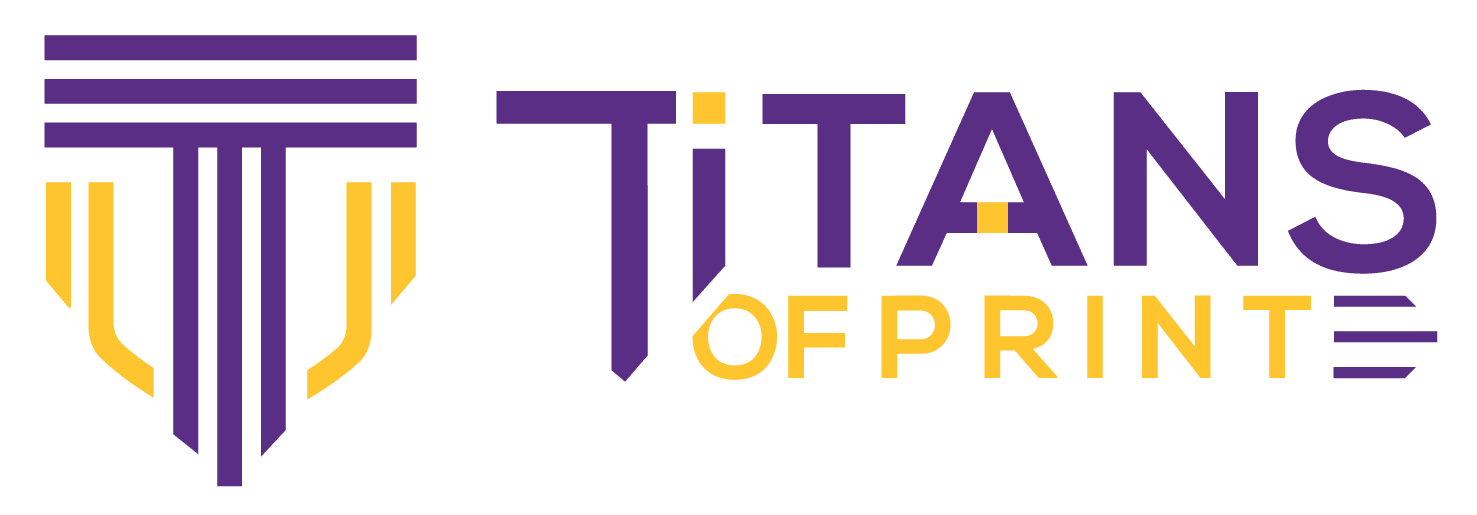Staying Ahead with Modern and Timeless Styles
In the world of premium business cards, design trends play a pivotal role in ensuring your card feels fresh, relevant, and impactful. Whether you’re embracing minimalist elegance, experimenting with bold colors, or incorporating cutting-edge textures, staying aware of trends helps your card stand out in a competitive market.
This article explores the latest design trends for premium business cards, offering insights into how they integrate with advanced finishes, materials, and printing techniques to create visually striking and functional designs.
Why Design Trends Matter
Design trends reflect evolving tastes and technological advancements. By adopting the right trends:
- You Enhance Relevance: A modern design signals that your brand is forward-thinking.
- You Showcase Creativity: Unique elements like bold colors or mixed textures demonstrate innovation.
- You Improve Engagement: Trends like QR codes and interactive layouts encourage interaction and memorability.
Top Design Trends for Premium Business Cards
1. Minimalist Layouts
Minimalism prioritizes simplicity and clarity, making designs feel sleek and professional. Clean lines, ample white space, and understated typography define this trend.
- Features:
- Focus on essentials like name, logo, and contact details.
- Uses neutral or monochromatic color schemes.
Best Pairings:
- Combine with embossing for subtle texture.
- Use on uncoated cotton cards for an organic feel.
2. Bold and Vibrant Color Schemes
Vivid hues and dynamic gradients are making a strong comeback, capturing attention and infusing energy into designs.
- Features:
- Neon colors, jewel tones, or pastel gradients.
- Contrasting palettes that create visual impact.
Best Pairings:
- Pair with spot UV to make bold colors pop.
- Use on plastic cards for a modern, sleek effect.
3. Mixed Textures
Combining textures adds depth and tactile interest, creating a multi-sensory experience.
- Features:
- Suede or silk finishes paired with metallic elements.
- Layered textures like embossed logos on matte backgrounds.
Best Pairings:
- Combine with raised spot UV for contrast.
- Use on 32 pt or thicker cards to enhance the tactile feel.
- Even thick cotton embossed cards
4. Custom Shapes and Unique Layouts
Breaking away from the traditional rectangle is a popular trend, with custom shapes like circles, hexagons, or die-cut silhouettes.
- Features:
- Shapes that align with brand identity (e.g., gear-shaped for engineering firms).
- Foldable or perforated cards for added functionality.
Best Pairings:
- Pair with colored painted edges to highlight shapes.
- Use laser cutting for intricate patterns.
5. Interactive and Functional Designs
Business cards with interactive features encourage recipients to engage further.
- Features:
- QR codes linking to portfolios or social media.
- Tear-off sections for coupons or event tickets.
Best Pairings:
- Use with matte finishes for a professional look.
- Combine with digital printing for sharp, functional designs.
6. Typography-Driven Designs
Creative use of typography turns text into a focal point, blending branding with artistic expression.
- Features:
- Oversized fonts for bold statements.
- Unique font pairings to create visual hierarchy.
Best Pairings:
- Combine with embossing to highlight text.
- Use metallic inks for typographic accents.
7. Metallic Accents
Metallic details, such as foil stamping or metallic inks, add elegance and sophistication.
- Features:
- Reflective elements that catch the light.
- Available in gold, silver, rose gold, and more.
Best Pairings:
- Pair with silk or suede finishes for a luxurious feel.
- Use on multi-layer cards to create a cohesive design.
- Even go all in and go with metal business card
How Design Trends Integrate with Materials and Techniques
1. Material Synergy
- Plastic or Metal Cards: Work best with bold colors or minimalist layouts for a modern look.
- Linen or Cotton Cards: Pair well with typography-driven or textured designs for timeless elegance.
2. Printing Techniques
- Letterpress Printing: Ideal for minimalist or typography-driven designs.
- Offset Printing: Perfect for vibrant, gradient-based color schemes.
3. Custom Shapes and Sizes
- Die-Cut Designs: Highlight unique shapes with bold colors or metallic edges.
- Foldable Cards: Use to incorporate interactive elements like hidden text or images.
Sustainability in Design Trends
Eco-friendly trends are seamlessly blending with premium design:
- Use recycled paper or plantable seed cards for minimalist, sustainable designs.
- Combine natural materials with water-based inks for a low-impact aesthetic.
Practical Benefits of Following Trends
- Visual Impact: Eye-catching designs ensure your card stands out in competitive settings.
- Brand Relevance: Staying on-trend signals your brand is modern and adaptable.
- Enhanced Functionality: Interactive layouts like QR codes add value beyond aesthetics.
Creative Ideas for Trendy Designs
- Gradient Cold Foil: Blend metallic gradients with vibrant colors for a modern twist.
- Oversized Typography: Use large, bold fonts as a central design element.
- Die-Cut Portfolios: Create a foldable card that doubles as a mini portfolio or product catalog.
Conclusion: Designing for the Future
Staying aligned with design trends ensures your business card not only reflects current tastes but also positions your brand as innovative and forward-thinking. Whether you prefer minimalist layouts, bold colors, or interactive elements, integrating these trends with advanced materials, finishes, and printing techniques will create a premium card that is both functional and visually stunning.
In the next section, we’ll explore practical tips for effective business card distribution, ensuring your premium card reaches the right hands and achieves maximum impact.







